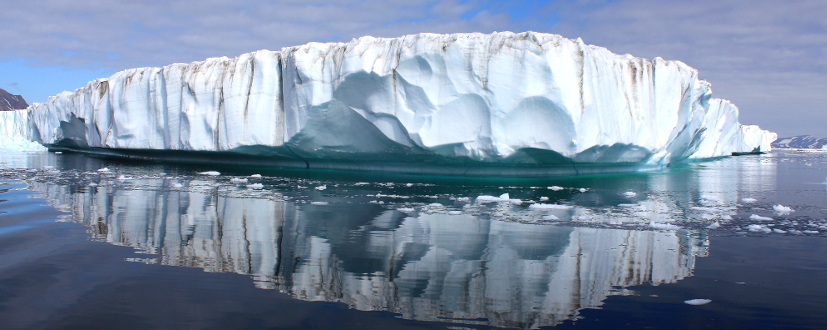
Psychrophilic organisms are widely distributed in nature as a large part of the Earth's surface is at temperatures around 0°C. These cold-loving microorganisms face the thermodynamic challenge to maintain enzyme-catalyzed reactions and metabolic rates compatible with sustained growth near or below the freezing point of pure water. Typically, the rate of a biochemical reaction decreases 2–3-fold when the temperature is lowered by 10°C. Consequently, the activity of an enzyme will be 16–80 times lower at 0°C than that at 37°C. In order to withstand this, enzymes from psychrophilic organisms have high catalytic activity at low temperatures and low thermal stability. Due to these properties, cold-adapted enzymes have high potential in basic research as well as for applications in the detergent and food industries.
MINOTECH biotechnology and IMBB researcher prof. V. Bouriotis hold a big collection of unknown psychrophilic microorganisms from Antarctica. We are currently screening this collection for a series of DNA-modifying enzymes and other enzymes of great biotechnological interest. Our goal is to identify target enzymes with the desired psychrophilic properties (high enzymatic activity at very low/medium temperature and decreased thermostability). In addition we also proceed with whole genome sequencing (Ion torrent NGS technology & MinION technology, MINOTECH genomics) of these microorganisms that will provide us a database of high biotechnological value.
Edited by D. Koutsioulis
(MINOTECH biotechnology R&D)

